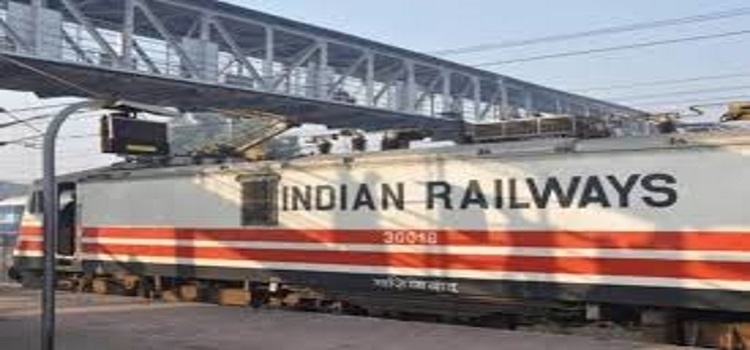
To put the station redevelopment programme on track, Indian Railways is likely to infuse equity into its arm Indian Railway Stations Development Corporation (IRSDC), which is the designated nodal executing agency, so that the latter can raise funds from the market. While the transporter was already deliberating this idea, government think-tank NITI Aayog has also expressed the same view as it believes IRSDC may lack financial muscle.
A Cabinet note for inter-ministerial consultation is in circulation seeking to make IRSDC the nodal agency for the revamped station redevelopment programme. The programme proposes that IRSDC can start preliminary work of select stations to showcase the viability and then the stations can be auctioned to private builders. In case there are no takers, IRSDC will complete the project by sourcing funds.
However, NITI Aayog, through informal comments, has conveyed that IRSDC may not be able redevelop stations and at the same time cross-subsidise stations with weak commercial prospects.
A total of 600 stations are to be redeveloped wherein the developers will get railway land in return for commercial use for a proposed lease period of 99 years against a pre-determined rental. But all stations do not promise sizeable returns from commercial development and developers may not be willing to pay high lease rentals. The railways expects the returns it will get from stations with higher potential will help in cross-subsidising the others.
According to a railway ministry official, the railways will provide IRSDC an annual operation lease money which comes to around Rs 200 crore (for 25-30 stations) and it expects return on investment in the form of dividend at 15%. IRSDC, in return, will leverage the equity to raise funds from the market.
“IRDSC will make the investments and revenue will be kept by it. IRSDC will keep 10% of the revenue for itself and it should leave enough money to pay back loans and the railways,” added the official.
The ministry of railways is also seeking approval to nominate public-sector undertakings to overcome situations wherein the proposed nodal agency is unable to start work on multiple stations simultaneously or fails to find a financially viable plan, as reported earlier.
The station redevelopment model is being revisited as the ‘Swiss challenge’ bidding process evoked lukewarm interest. The revamped public-private partnership model is expected to offer more attractive terms for private investors (with longer lease period of 99 years as against the 45 years proposed earlier), residential premises being part of the assets created and multiple sub-leases being allowed rather than just one.
